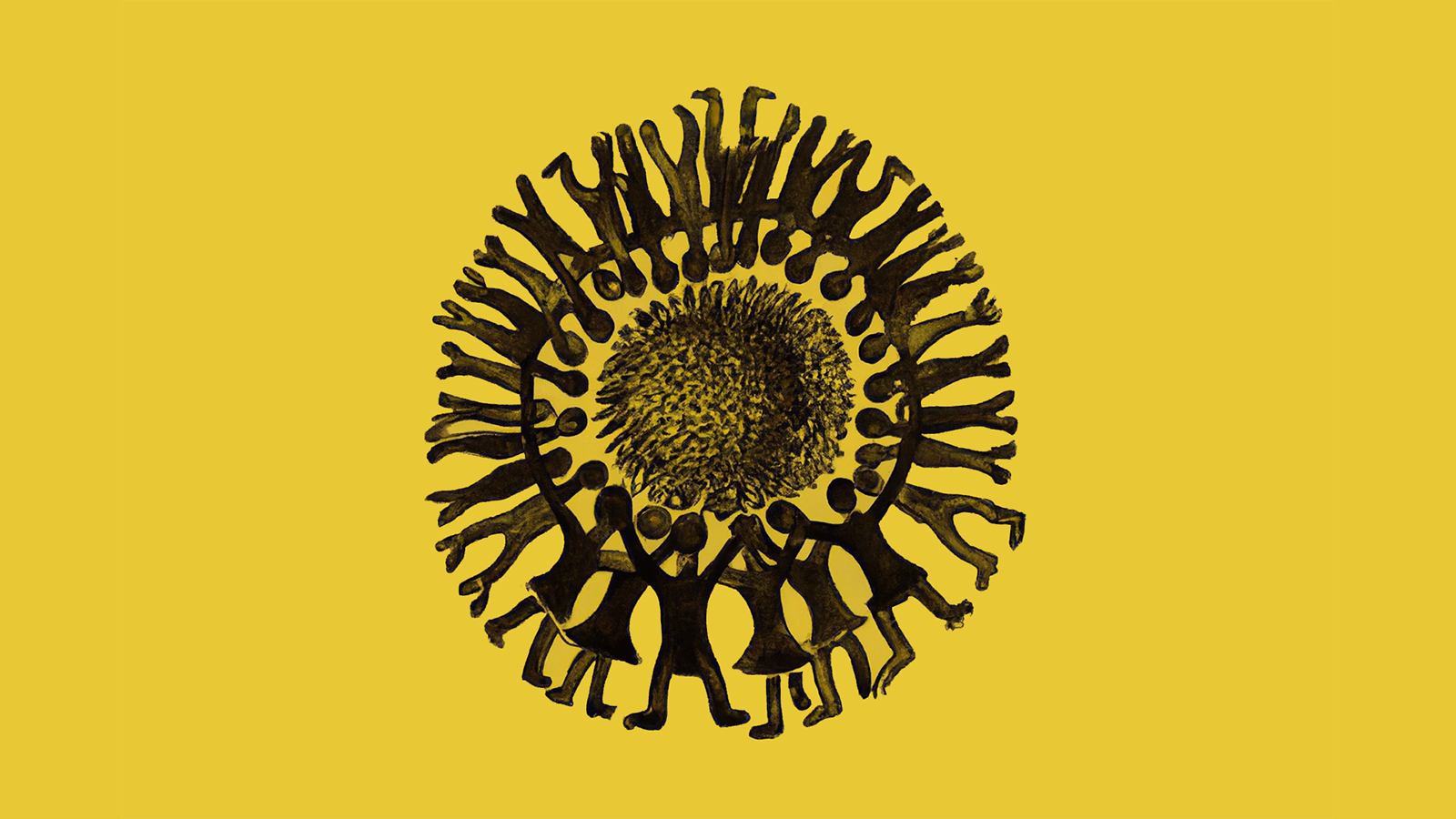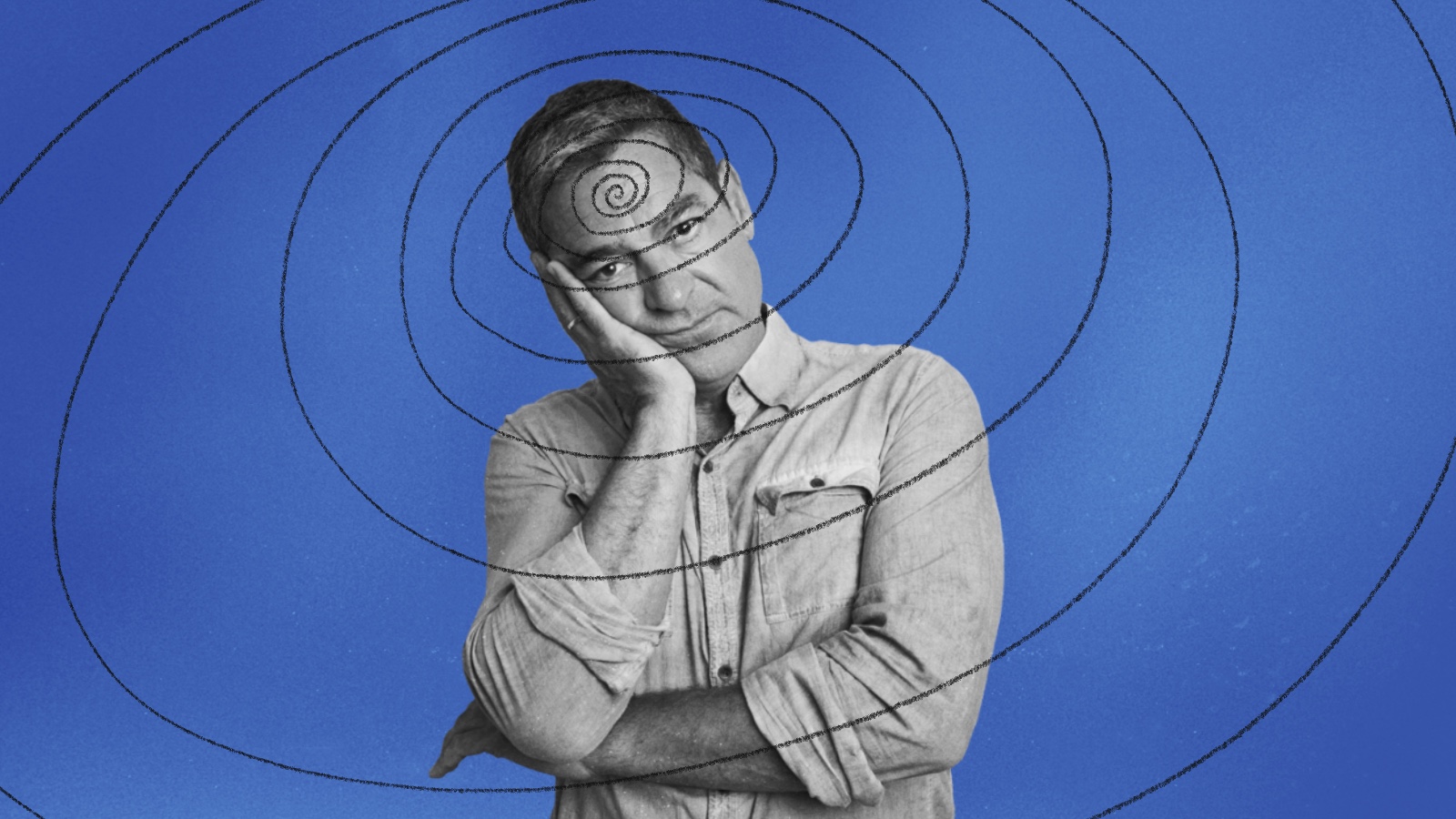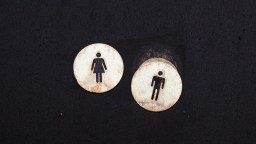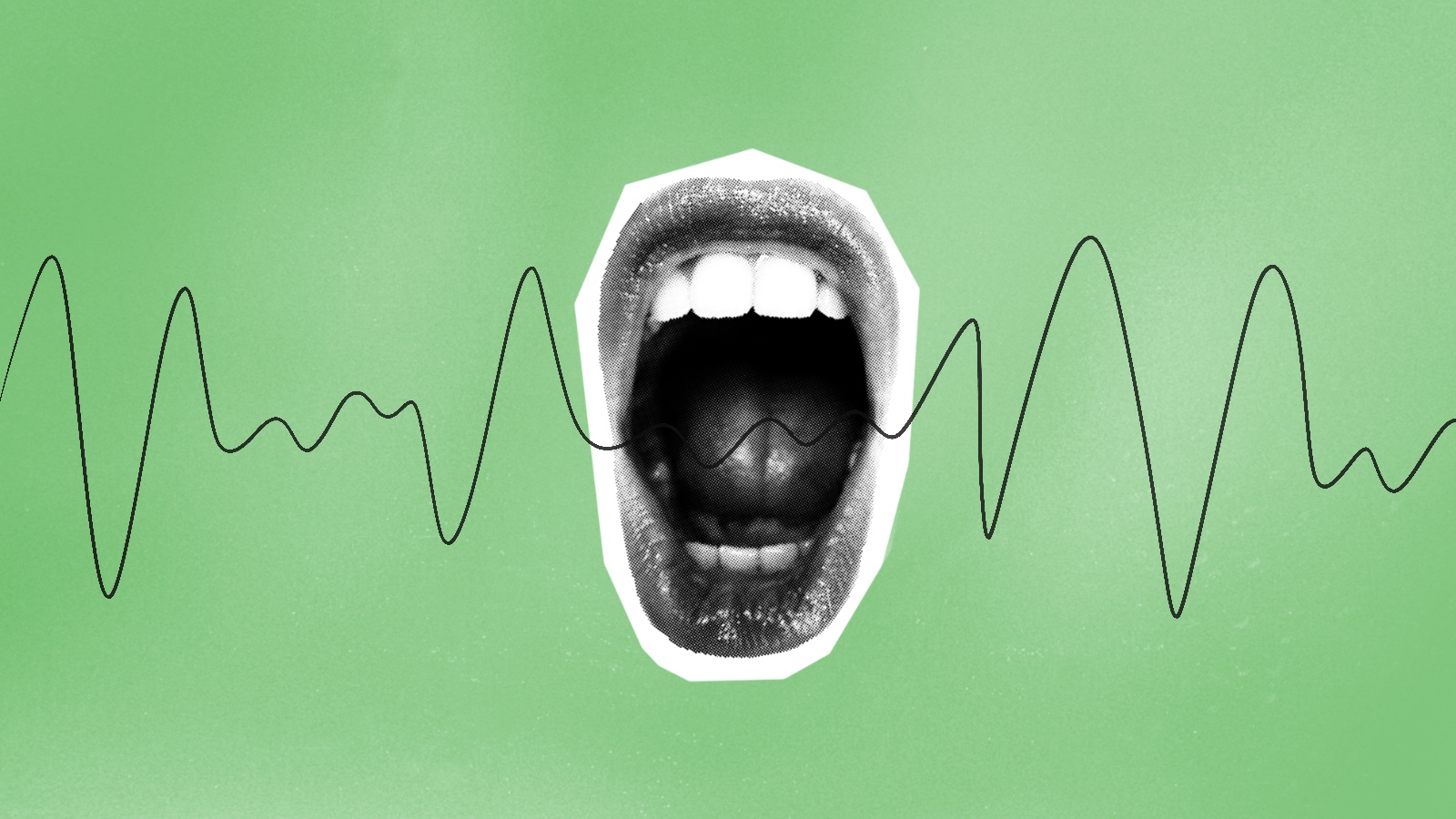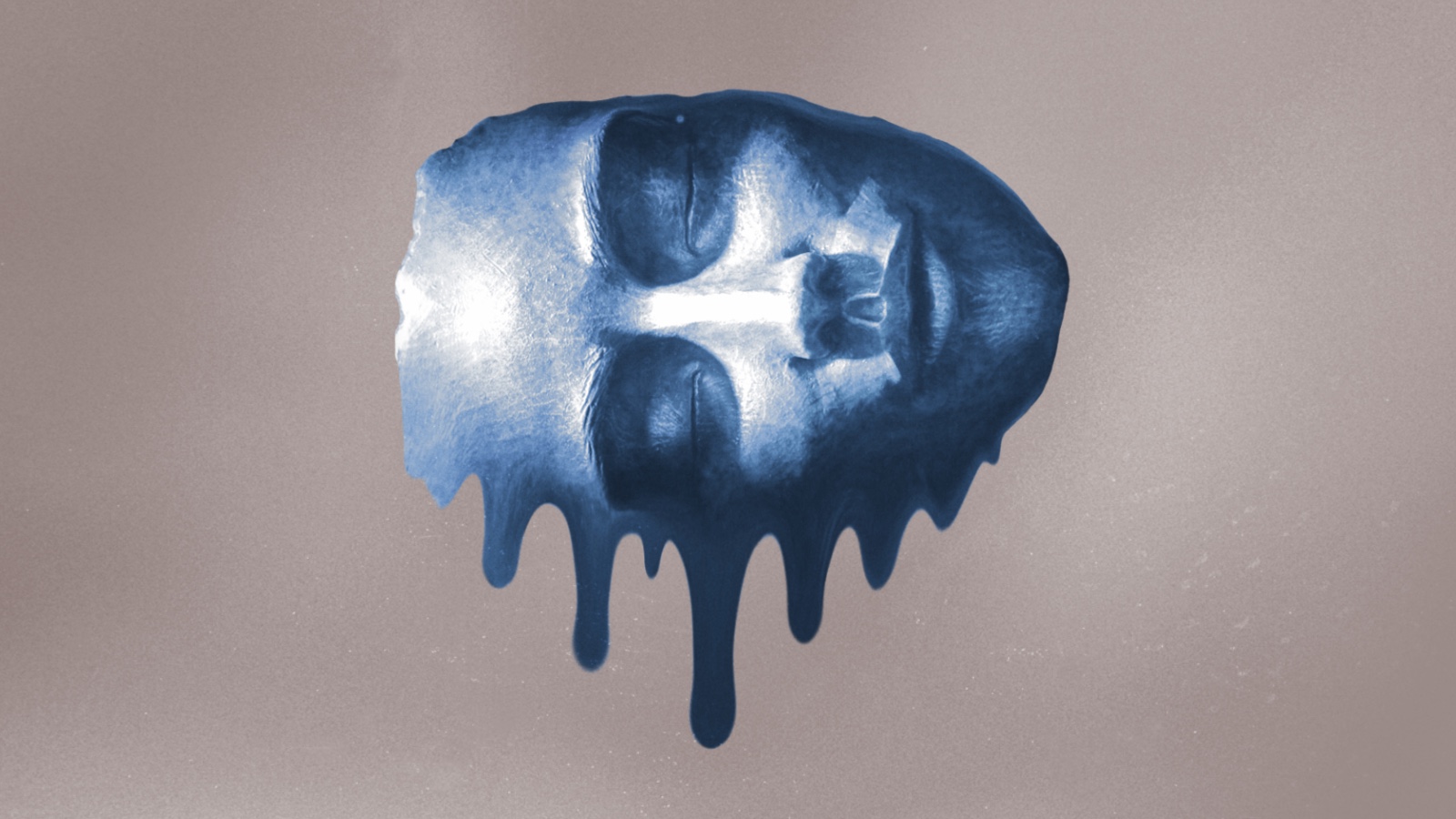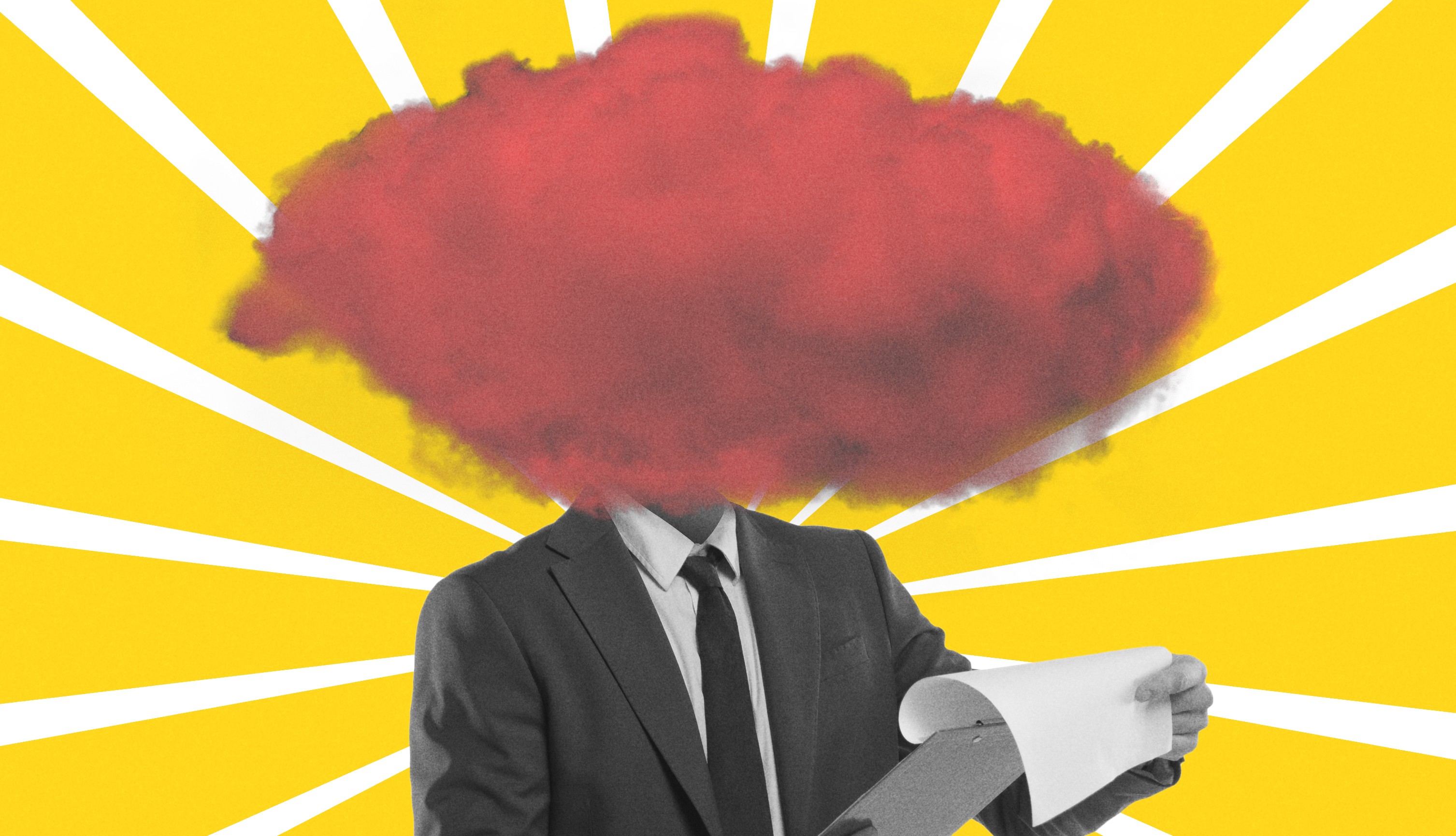psychology
Financial experts explain 4 types of money behavior.
▸
6 min
—
with
Find it easier to sort out your friends’ problems than your own? This paradox is for you.
People engage in creative thinking every day, whether they realize it or not.
A disturbing interview given by a KGB defector in 1984 describes America of today and outlines four stages of mass brainwashing used by the KGB.
Harvard psychiatrist Robert Waldinger discusses how 80 years of ongoing research show relationships to be vital for health and happiness.
You don’t have to “feel the burn” to see improvements to your health and well-being.
The “money taboo” is not a single taboo, but rather an amalgamation of several smaller taboos tied to gender and socioeconomic class.
When you can’t enter flow, you can still lean on your internal rhythm.
We’re afraid to talk about money–and that costs us.
▸
7 min
—
with
How to defeat debaters who deal in distractions, according to a two-time world debate champion.
▸
5 min
—
with
The cost of seeing yourself as a thief is pretty steep, the results of a 2019 study suggest.
The majority of children who stutter will spontaneously recover from it without intervention, but some 20% of people do not.
Boredom isn’t the enemy; it’s a catalyst for changing your relationship to work.
Male inequality — the enormous cultural shift happening right under our nose.
▸
15 min
—
with
If you want to sleep more, try working less, eating better, and exercising more. Alternatively, you could emigrate to Albania.
It’s called the “hipster effect,” and a study from Brandeis University mathematician Jonathan Touboul explains how it happens.
Denmark’s 10 Jante Laws are grim, and yet they bring so much happiness.
It was originally recorded in the 1970s by cognitive psychologists Harry McGurk and John MacDonald.
Sharing food and kissing are among the signals babies use to interpret their social world, according to a new study.
The idea that “you” persist after death does not hold up to the current understanding of memory and identity.
Or, how I learned to stop worrying and love my tsundoku.
The concept of burnout is nothing new. But there are ways to prevent burnout and promote greater engagement with work.
Deep secrets don’t explode. They do something worse, explains Michael Slepian.
▸
3 min
—
with
Experts explain how lie detectors work, what happens in the brain when we tell lies and how accurate polygraph tests are.
In 1965, six boys were stranded on an island. Fifteen months later, the survivors were rescued. How many were there?
▸
7 min
—
with
When we’re stressed, our hormones and nervous system produce all sorts of odors.
These were the stories you clicked on the most.
Sleep less, sleep less, sleep more.
Belief in God and the afterlife increased, while belief in superstition decreased.




